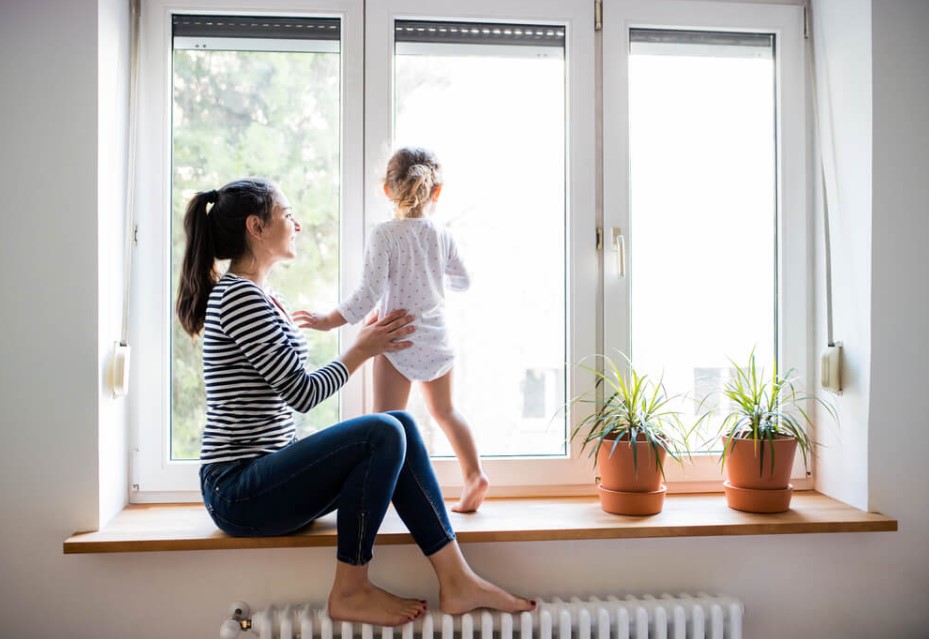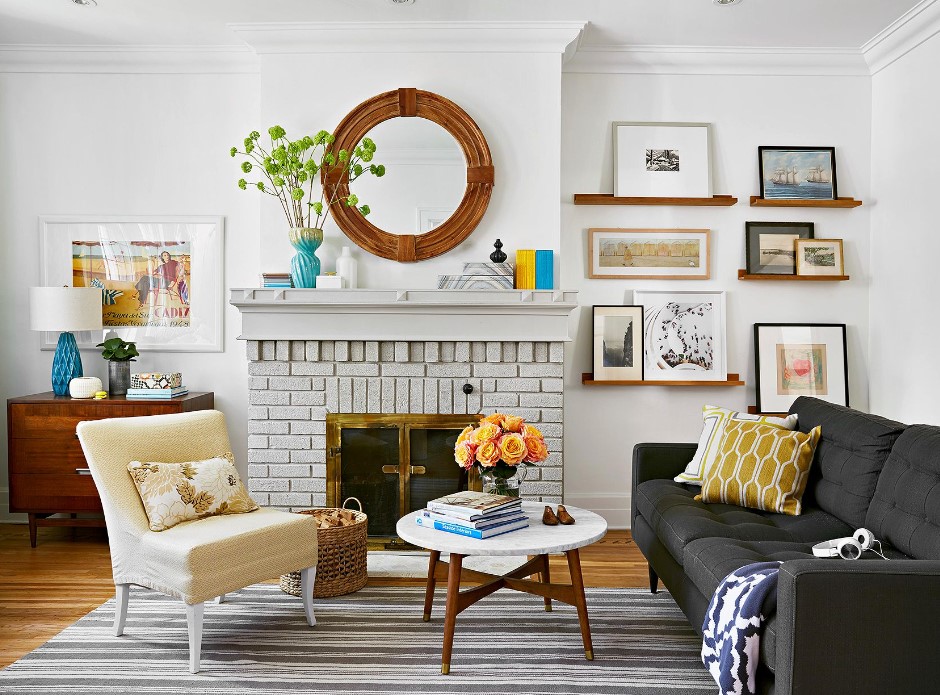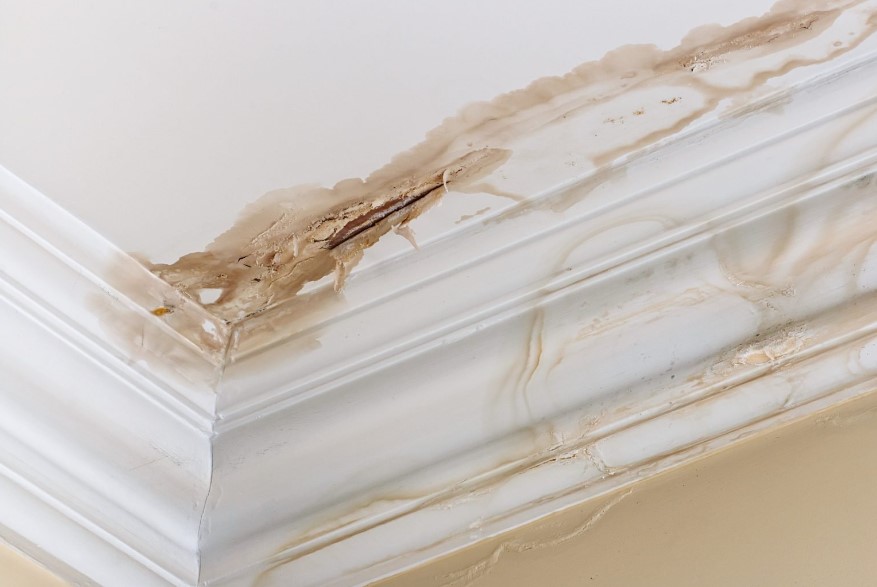

Hurricane windows and doors, also impact-resistant or storm windows and doors, have specialized designs to withstand the high winds and debris impact associated with hurricanes and severe weather events. These windows and doors offer increased protection to homes in hurricane-prone regions and are considered a luxury feature due to their specialized construction and added benefits. The article will examine the facts about hurricane windows and doors.
1. The Luxury of Added Protection
The luxury of added protection is one of the critical benefits of hurricane windows. These specialized impact doors and windows can withstand high winds, flying debris, and severe weather events, providing an additional defence layer to homes in hurricane-prone regions. The impact-resistant glass and durable interlayer material used in hurricane windows help prevent shattering, reducing the risk of damage to the home’s interior during a storm.
The added protection offers homeowners peace of mind, knowing that their home is safeguarded against the potential damages caused by hurricanes and severe weather, making it a luxury worth investing in for many homeowners. Hurricane windows also provide increased security against break-ins and can help reduce outside noise, UV radiation, and energy costs.
2. Aesthetic Appeal
Hurricane windows not only provide increased protection and security but also offer aesthetic benefits. They are available in various styles, finishes, and designs, allowing homeowners to choose options that complement their home’s architectural style and enhance its overall appearance.
Hurricane windows are customizable to match the aesthetic preferences of homeowners, offering a blend of functionality and aesthetics. That allows homeowners to enjoy the luxury of added protection against hurricanes and severe weather and elevate the visual appeal of their homes with stylish and aesthetically pleasing window options.
3. Testing Standards
Hurricane windows are impact-resistant windows that can withstand the impact of high-speed debris and strong winds during hurricanes or severe storms. Testing standards for hurricane windows are rigorous and often include tests that involve shooting a 2×4 wooden beam at the window at high speeds and simulating the impact of debris during a hurricane. Some tests also include using a sledgehammer to strike the glass to assess its resistance to impact.
These tests ensure that the windows meet specific performance criteria, such as withstanding strong winds and preventing debris penetration, to be certified as hurricane-resistant. These windows comprise laminated glass sandwiched between layers of interlayer material, which helps prevent the glass from shattering upon impact.
4. Professional Installation
Installation of hurricane windows typically involves removing the existing windows and frames, preparing the window opening to meet local building codes and manufacturer’s specifications, and then securely installing the hurricane windows using proper fastening techniques.
The windows are typically anchored to the structural framing of the building to ensure stability and resistance against high winds and impact. Professional installation is crucial to ensure proper alignment, sealing, and adherence to local building codes for maximum effectiveness and performance of hurricane windows.
5. Security Against Potential Intruding Attempts
Security features of hurricane windows typically include impact-resistant laminated glass, which is difficult to break through, making it more challenging for intruders to enter the building. The interlayer material also helps to hold the glass together, even if it shatters, preventing easy access.
Also, the secure installation of hurricane windows, with proper anchoring to the building’s structural framing, adds an extra layer of protection against break-ins. These features provide enhanced security and peace of mind, making hurricane windows resistant to severe weather and possible intrusion attempts.
Conclusion
Hurricane windows are specialized windows that provide increased protection against the damaging effects of hurricanes and severe weather events. While they may be considered a luxury feature in homes, they offer numerous benefits, such as improved storm protection, increased security, and potential insurance discounts. Proper installation and compliance with building codes are crucial for their effectiveness.









